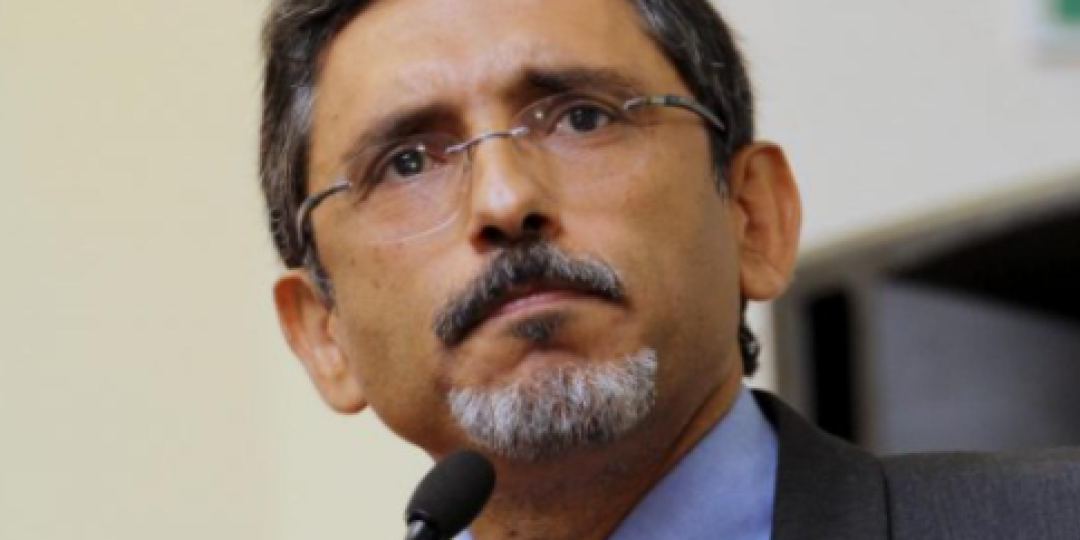As the dust begins to settle after Wednesday’s general election, questions are being raised about who will succeed Minister of Trade Industry and Competition, Ebrahim Patel, who has announced his retirement.
For the poultry industry, the concern is who will take the lead in implementing the poultry master plan, which was established to stimulate local demand, boost exports, and protect the domestic chicken industry, but has achieved little success.
Patel and Minister of Agriculture, Land Reform and Rural Development Thoko Didza, the powers behind the master plan, have taken decisions on chicken imports that do not accord with it or promote the poultry industry’s future, says FairPlay.
“Just as the industry’s relations with Patel were improving, and some positive developments were expected, he has announced his retirement. A new minister must be chosen by the incoming government and the poultry master plan will get a new master.”
The advocacy group believes it will be an uphill task. “The master plan is way behind schedule, and most of the successes that the government trumpets are due to the poultry industry implementing their part of the agreement. The government’s contribution has been sporadic and, unfortunately, inadequate.”
The thrust of the master plan was to stabilise and then revive the poultry industry, which in 2019 was in crisis due to a flood of dumped chicken imports. The objectives were to curb imports and expand the industry through increased local demand and vigorous export promotion.
“The industry invested R1.8 billion in expanded capacity, creating some 2 000 jobs in the process, but demand has not met that capacity. Chicken exports should have doubled or nearly trebled by now; instead, they were lower in 2023 than in 2019 when the master plan was signed,” the organisation points out.
It’s not all doom and gloom though. Chicken imports have reportedly dropped significantly – although most of the decline is due to bird flu outbreaks in producer countries. If the virus abates, then dumped imports are expected to rise again, particularly from the United States and Europe. It is only then that the effect of new anti-dumping duties on Brazil and the European Union will be tested.
FairPlay believes the job of the new government will be to revive the poultry master plan and ensure that it does what the signatories had planned nearly five years ago. “The ministers of trade and industry and of agriculture – the two government signatories – will need to devote a lot of energy to increased production and domestic consumption of chicken, and to the export drive, where the government contribution has not met the master plan’s objectives.”













